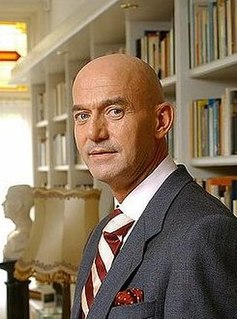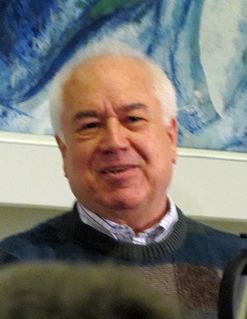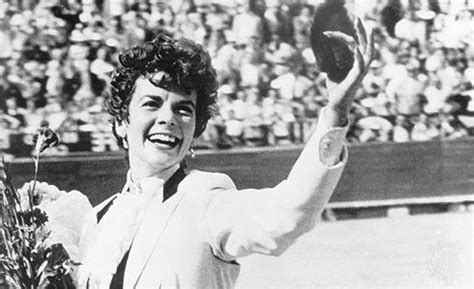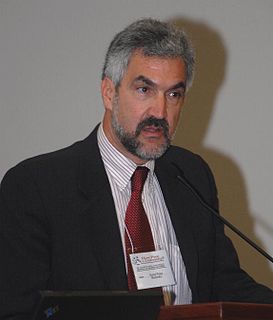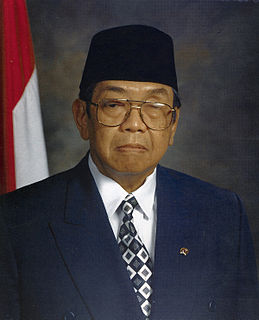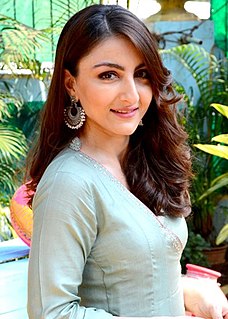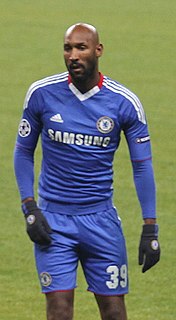A Quote by Pim Fortuyn
There is tension between the values of modern society and the principles of Islam.
Quote Topics
Related Quotes
Bullfighting is anachronistic - you enter into a bullring and you're leaving behind the values of the world outside the ring. I suppose that what I would want to acknowledge is that perhaps the tension, the crucial tension, isn't necessarily between the view of bullfighting as a tradition versus as an art form, but between the values inside the ring and the values outside the ring.
Islam's basic principles of belief, worship, morality, and behavior are not affected by changing times. Islam does not propose a certain unchangeable form of government or attempt to shape it. Islam has never offered nor established a theocracy in its name. Instead, Islam establishes fundamental principles that orient a government's general character.
There's always a tension between those who would like to garner wealth, and they contribute a lot to society. There's also those who say, 'I believe in the common good. I want that to be enlarged.' They contribute a lot to society. The tension, the debate, between these two views is extremely important to our progress.
Nature hates vacuum. Once a society is depleted of moral values, it creates a vacuum that will be filled by doctrines that hold to such values, even though those values are draconian and oppressive. In fact the more a society is devoid of morality, the more promising prudish and unpermissive doctrines look. Licentious societies create a spiritual vacuum that legalistic religions such as Islam fill.
When I was growing up, we often heard Islam in the form of a slogan: "Islam is the solution," but no one ever told me that Islam can be a burden... Very few Muslims write about Islam creatively because I don't think we're given permission to. I think that's the bane of modern Islam. It's been reduced to slogans.
